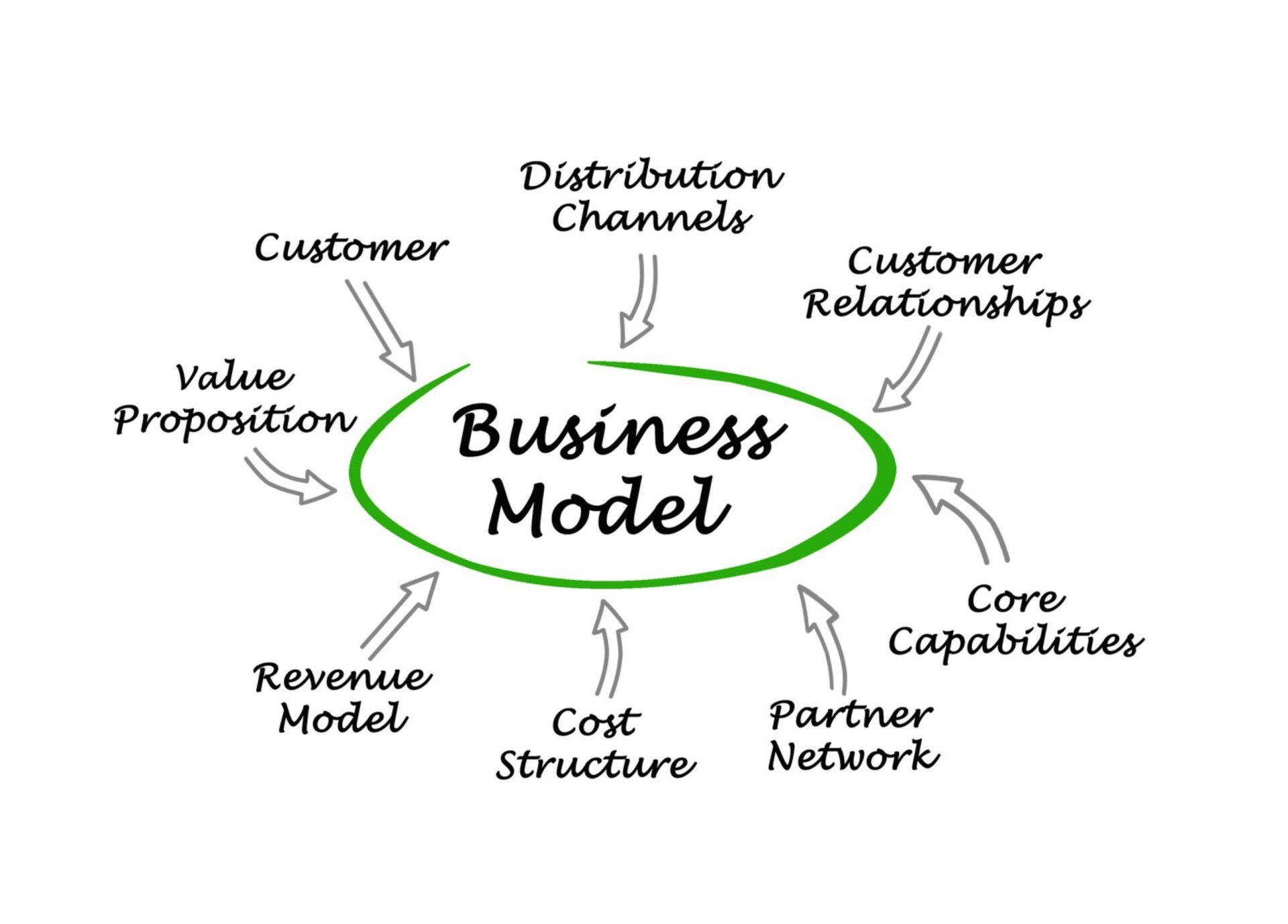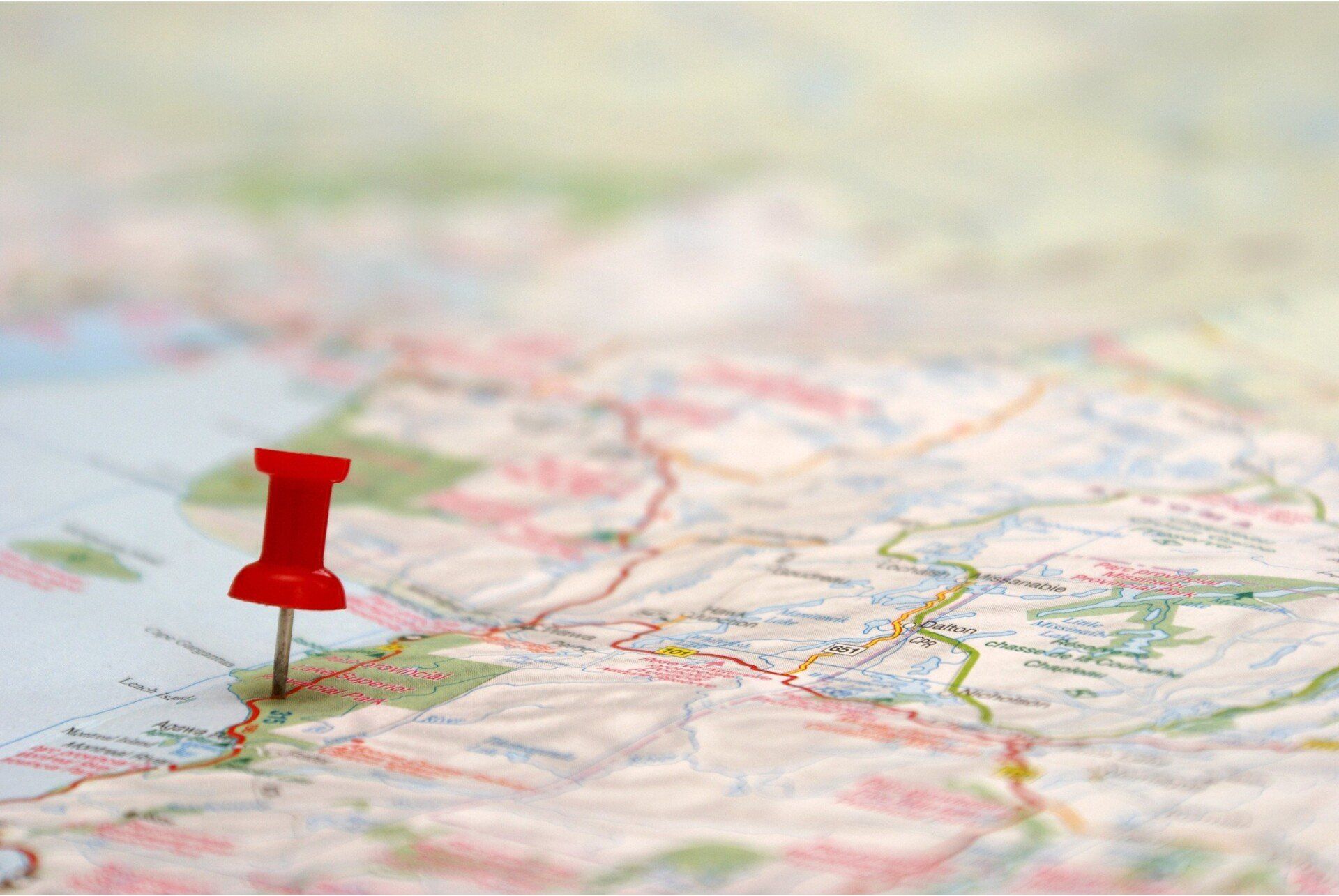Creating a Better World for Travelers
About Me
Hi, I'm Elaine Baran
I have had an extended career in both consulting and the travel industry. I have managed the business and marketing operations of a small tour operator, am a Conde Nast Travel Specialist and provide custom travel services for individuals and private groups. I have an MBA from the University of Chicago, live in Utah and travel regularly.
Testimonials
Let’s Talk
Do you want to do more, be more, accomplish more, but don't know where to begin? I'm here to help you get started.
Don't wait another moment. The time is now. The person is you. Take the leap and start making your travel dreams come true.
Contact Us
Guidance

I know, it should go without saying, but most agents don't know who their ideal client is or even how to figure it out . But it's not really that difficult. There are a few ways to go about figuring it out - I'll discuss the most popular: * Classic Marketing - this is where you state your demographics information and cobble it together into a form of ideal client. For instance, your ideal client might be a married female between the ages of 50 and 60 who has a household income of over 100K per year and lives outside of a major city. It doesn't really tell you much about the person, but it does give you a starting point for your marketing. * Attribute Classification - Under this scenario, you would describe your ideal client based on attributes that you find important. For instance, for the travel business, I used intellectually curious to describe an ideal client since the services I offer are well beyond the "check-the-box" traveler. Intellectually curious is different from adventurous, since it's related to a more specific domain. * Interest-based - this type of ideal definition is based on whether you are a destination specialist or an interest specialist. If you are a golf specialist, then clearly your ideal client will have a strong interest in golf. After reviewing some standard classification structures, you'll probably find that your ideal client profile is made up of elements from each of these three main systems and are weighted with varying degrees based on your business model. Now, why is this important? Because as long as you try to sell anything to anyone, you'll probably never be able to really stand out as a specialist, which is where the money and the fun is. Getting to a high degree of competence in a defined specialty has rewards beyond the financial. Ask for one of my complementary coaching sessions to find out more about how to fine-tune your ideal client profile as a critical step in developing your business.

Business Model is a fancy way to say you understand the way your business works - how you make money (revenue), how you spend money (costs) and everything else in-between. In the travel industry, there are two primary ways for agents to make money, both of which are variations on a "commission" model. As the word "AGENT" implies, we are not the direct producer of what the client finally receives. We are an intermediary whose job is to match up the client with the final product. So as agents, we need to know A LOT about both the clients and the products in order to make the best match. If we don't make good matches, we don't get more business - it's as simple as that. If we make good matches, AND we provide added value beyond just booking, we can make a lot. The reason we mention variations on commission is this. If you own an agency, your income may come from the commission paid by vendors for bookings done by you or your agents. If you are a regular agent, you will usually have a pay structure that involves getting a commission on the commissions generated by your bookings. Finally, if you are situated at a tour company (vs. an agency), you may receive a commission based on the final profit for a project or something of that nature. So the term commission covers a multitude of ways your pay may be structured. But in all cases, you are still an agent for the final product. Even if you are an agent working at a traditional agency, you will still have costs to your business - whether it's just business cards and a telephone bill or a full fledged home office with an assistant. These costs are an important part of your business model since you will want to be sure that you make more than you pay. Sounds simple, no? But maybe not. One of the big mistakes that many people make when looking at their "business model" is they leave out a lot of things that are actually expenses. Individual agents often do this since they think in terms of direct costs (those associated directly with sales). But there are also indirect costs which you bear. Think of them as the things that would go away if you were to totally change your occupation. Here are some common things that are left out: * Marketing - in addition to the aforementioned business cards, what are the other ways you attract clients. Networking events? Co-relationships? Personal Website? All of these fall generally under marketing although some might be categorized as Business Development (a fancy term used to cover expenses for clients who don't materialize). * Office expenses - this is everything from office rental to ISP services, phone services, copier paper, etc. Whatever you need to actually do your job day-to-day * Travel - guess what! As a travel professional, your costs to travel are really an expense of staying in business and on top of new developments. I may have a different discussion of travel expenses as a specialist, but suffice it to say that I spent more on developing my travel specialty than I did on my MBA. If you want to specialize, figure that you will need to visit your destination at least once, if not twice, a year. That can really add up, but once you are on the path, the idea is to make so much more that this expense is worth it. * Training - in addition to any on-the-job training, there are lots of courses that you may want to consider as you develop your business. Things like business basics, writing, basic accounting, social media, etc. Whatever skill you lack, you can be sure you can find a decent short course to at least give you the basics. * Your income - when we talk about a business model, think of it as outside of yourself. You still need to pay yourself for your work. One of the biggest mistakes I see small business people make is that they have higher revenue than their fixed costs, but what's left over (essentially, their income) is such a low amount that it provides an abysmally low hourly wage. So, having covered the revenue and the expenses, you are probably asking what else comprises a business model. Here are a few examples: * Where are the clients coming from, how many are there, how much can they spend, are there enough of them to make the model work (e.g. enough revenues to cover the expenses) * How will you attract the clients to your business? * Is any capital required to start the business? If so, how will it be repaid? * USP - your Unique Selling Proposition - what do you do that no one else is doing (or at least not doing as well) * Vendor relationship - this is important in the travel industry. The best way to assure your success is to develop your OWN network of vendors. Being a member of a consortium might be good, or using contacts from your company. But at the end of the day, if you want to consider yourself driving your own business model (and not someone else's), you will need to have your own personal vendor relationships. This subject can obviously fill books, so these ideas are just to get your started. If you'd like to learn more about how to define your business model for growth, contact me about our CTP Bootcamp series.

Some of us stumble into our specialty, some of us head towards it with dedication and passion and, for some of us, it's a struggle to come to a greater understanding of what direction our travel career should take. If you are unsure of how to move forward, here are some ideas to start exploring your future in the travel industry. Passion -- there is probably a reason that you got into the travel industry. And the fun, allure and romance of travel usually leads everyone's list. No matter what the reason, we can help you find a way to hone in on what you are the most passionate about. The interesting thing is it doesn't have to just be a place. Maybe it's an activity. Maybe it's a style of travel. Maybe it's a region that just sings to your heart. Personal Connection -- maybe you were born abroad and still have family connections in another region, maybe a close loved one is highly engaged with a specific activity that you share (such as photography or NASCAR), or maybe you have a special interest that comes from another part of the world. Even if it's not an obvious connection, we often find when we look closely at our chosen specialty that we can see it's genesis in our younger years. Lucrative Opportunities -- Let's be honest, there's no point in choosing a specialty that isn't financially viable. But for some agents, it's a simple matter of financial reality - some places or travel options are just more lucrative, especially vis-a-vis the amount of time you want to spend on your career. While some agents may be willing and able to take multiple trips a year to far off lands, others have obligations at home that prevent them from the same level of research and familiarization. Once you start to hone in on the specialty you'd like to pursue, or if you've already been working at it, your next step is to determine your key steps to success. Read our Guidance on Developing Specialty Skills.





